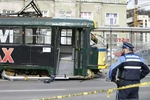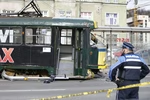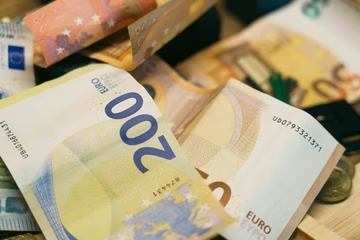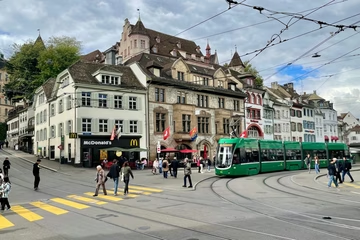Grey economy key issue hindering Bosnia's economic progress

Bosnia and Herzegovina ranks low in economic freedoms and is among the leading countries in the public sector’s share in the country’s GDP, according to the international institutions’ reports. It is also one of the countries where the grey economy eliminates one-fourth of the economy.
Oglas
The Heritage Foundation, a Washington-based think tank considered to be one of the most influential conservative research organisations in the US, has published its Economic Freedom Index for 2018, with Bosnia taking the 91st position in the world and 38th among 44 European countries. The report said Bosnia made “a micro progress” compared to two years ago.
Its overall score has increased by 1.2 points, with improvements in the government spending, fiscal health and judicial effectiveness indicators outweighing declines in government integrity and property rights, said the report.
Bosnia’s overall score is below the regional average but slightly above the world average, according to the Economic Freedom Index.
Oglas
Grey economy is seen as a crucial problem Bosnia, hindering the country’s economic progress. It was estimated that the grey economy takes 25 percent of Bosnia’s GDP.
“Our politicians and leaders very often use the statistics and declare a progress of 2 to 2.5 percent for the country with such low GDP. The European Union assessed it would take us 30 to 40 years to reach the development degree of an average member state of the EU,” economist Zoran Pavlovic said.
According to the Brookings Institution, the public consumption makes more than 40 percent of the domestic economy and Bosnia, while 26 percent of the labour force are budget beneficiaries. A research conducted by this US think tank says that the public sector exceeds 70 percent of the GDP if all state companies and the price of corrupt affairs are added to the initial percentage.
“Although the state companies maintain the employment, even in extreme situations when factories are shut down, they still cost a lot and it all burdens taxpayers,” reads the report stressing that this further leads to a “negative spiral” where taxes are high and directed against employment.
Oglas
According to analysts, it is public companies that accumulate losses.
“Just look at the situation in public companies and it all gets clear. Those are the losers who accumulate dozens of millions mark worth of loss,” said political analyst Adnan Huskic, according to whom such situation leads to a complete collapse.
The analysts and foreign experts agree that an inefficient judicial system is one more of Bosnia’s weaknesses contributing to such situation. Along with lack of the fight against the grey economy, it has as the consequence a significant drop inthe number of foreign investments.
Kakvo je tvoje mišljenje o ovome?
Učestvuj u diskusiji ili pročitaj komentare
Oglas
Kakvo je tvoje mišljenje o ovome?
Učestvuj u diskusiji ili pročitaj komentare
Oglas





 Srbija
Srbija
 Hrvatska
Hrvatska
 Slovenija
Slovenija



























































